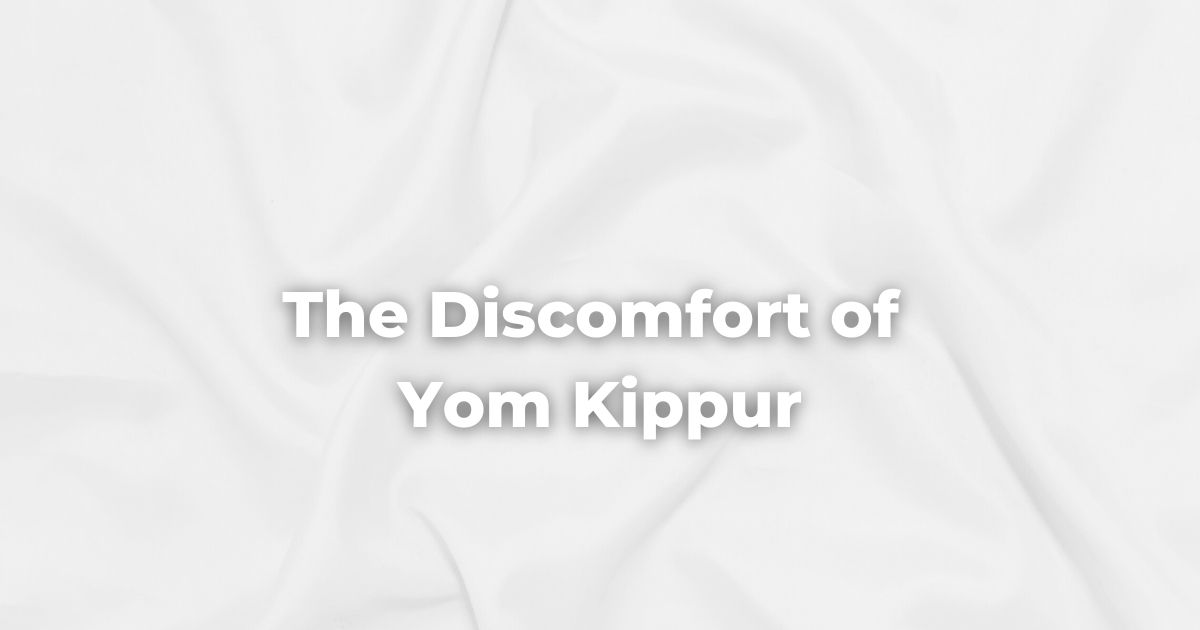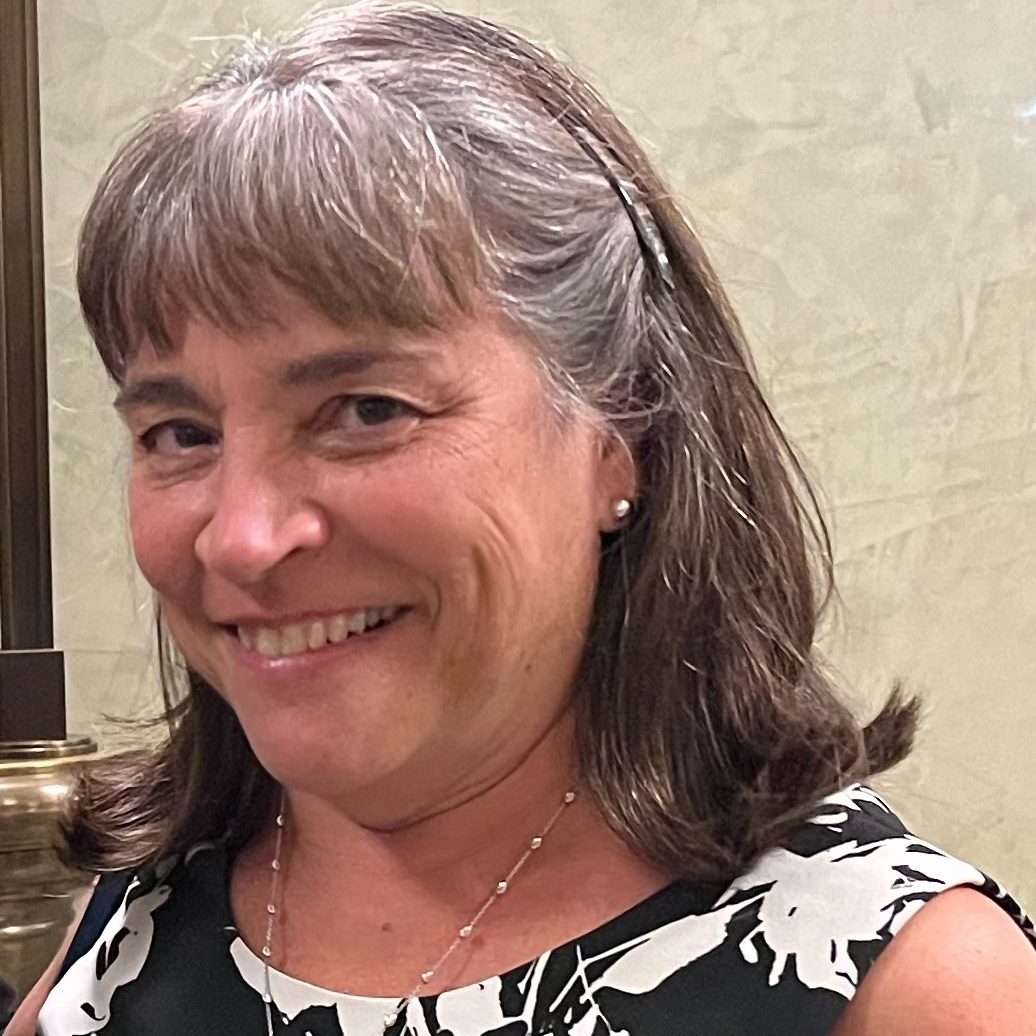During Yom Kippur, we are supposed to afflict ourselves.
The TorahRefers to the first five books of the Hebrew Bible, the Tanakh, also called the Five Books of Moses, Pentateuch or the Hebrew equivalent, Humash. This is also called the Written Torah. The term may also refer to teachings that expound on Jewish tradition. Read more states this in five different places. You can find two of those mentions in the Torah reading we listen to on Yom Kippur itself: Leviticus 16:29 and Leviticus 16:31: “You shall practice self-denial.” The MishnaA collection of rabbinic teachings edited in Israel around 225 CE. Organized in six sedaraim by subject matter and dealing with both ritual and civil law. Both the Jerusalem and Babylonian Talmud are expansive discussions of the Mishnah. Read more defines self-denial as avoiding five activities—eating/drinking; washing; anointing oneself; putting on leather shoes; and sexual activity.
These activities take up our time. Instead, we are directed to use this time to think about what we did wrong and how we can do better. Yom Kippur, then, becomes a retreat from physical activities of daily life during which we focus on our spiritual selves.
These activities also usually make us feel good! We are satiated, we look good, we feel attractive, and we feel loved. Yom Kippur demands that we deny ourselves these affirmations. We may feel we are NOT satiated, we do NOT look good, we are NOT attractive, NOR are we loved. And we are supposed to let those feelings stay with us, from Kol Nidre through to the end of Neilah.
We are to be afflicted. We are to experience discomfort.
We can also use this experience to practice our compassion for others. On Yom Kippur, we are not comfortable as we sit in our beloved, habitual, place of prayer/synagogue/kehillah. Pay attention to this discomfort and ask yourself some questions about it.
- Are there people who are not comfortable in our kehillah?
- What can I do to help them feel more comfortable?
- Can I smile, greet them, offer them the seat next to me?
- Can I include them in my friendships, committees, activities?
- Are there people in our community who experience this discomfort daily? They cannot afford the same ‘mundane’ pleasures of food, clothing, and shelter that I take for granted. How can I help them?
- Are there times when I feel discomfort around other people? Specifically, is it hard for me to accept people who look different than I do? Today, the Jewish community might look different than it has in the past. We can consider ourselves fortunate that other Jews want to pray with us. And yet… do you ever find yourself feeling uncomfortable when someone enters the room who doesn’t…… ”look Jewish”? Rather than saying anything out loud to anyone else, just think about it. Maybe remember another phrase from Leviticus 19:18, “Love your neighbor as yourself.” Just as you are usually comfortable in your kehillah, your community, so you can make others comfortable too.
Experiencing discomfort interrupts the usual flow of a day. It can help us interrogate our feelings. Maybe we can use the feeling of discomfort to open our hearts wider on Yom Kippur and every day.
Author
-

Sara Geller has served Conservative congregations since 1992. She received her Commission from the Cantors Assembly in 2002. She has lived in New York, Massachusetts, Maryland, and South Carolina. Hazzan Geller sits on the Cantors Assembly Executive Council and the Antiracism Subcommittee of the RA/USCJ Commission on Social Justice.
View all posts






